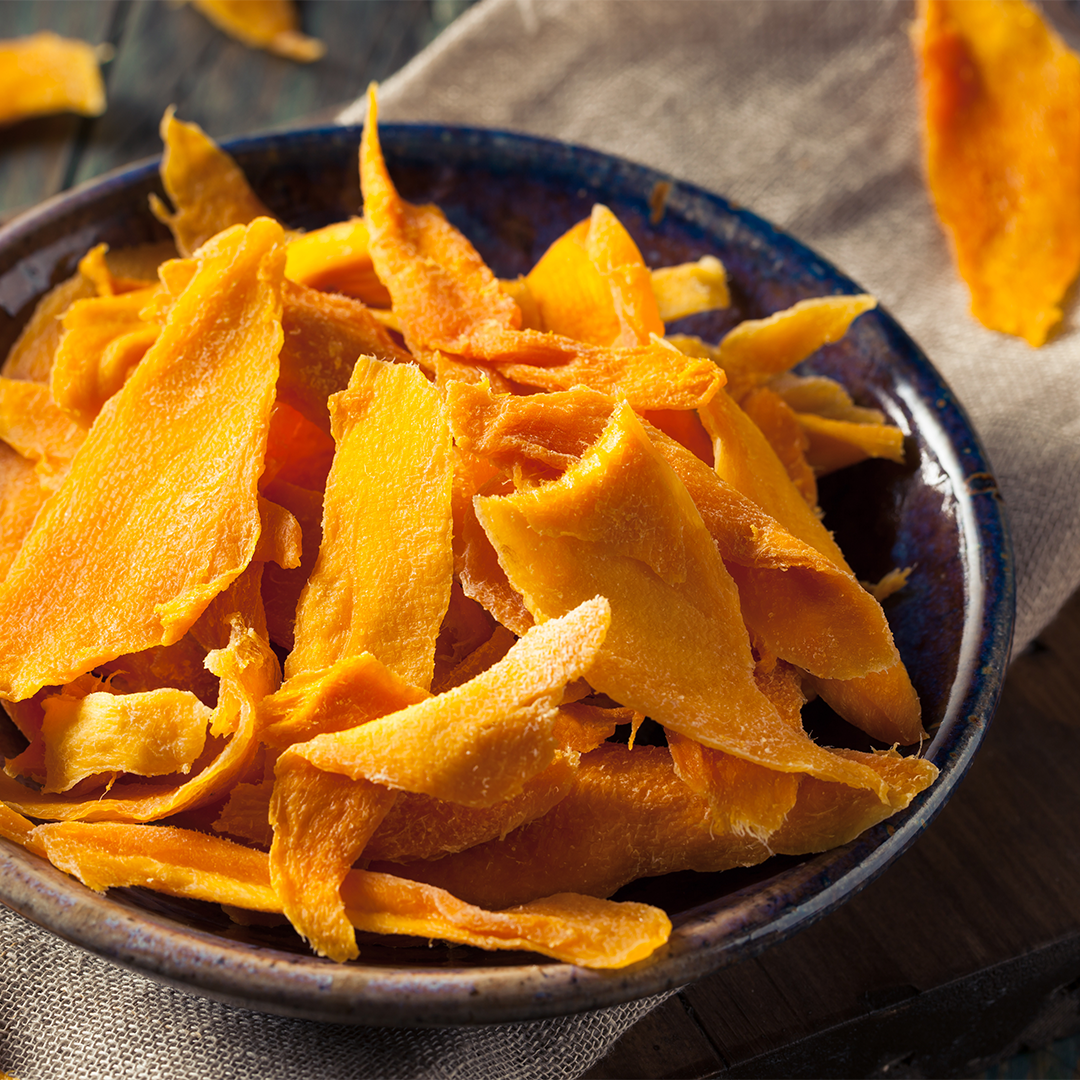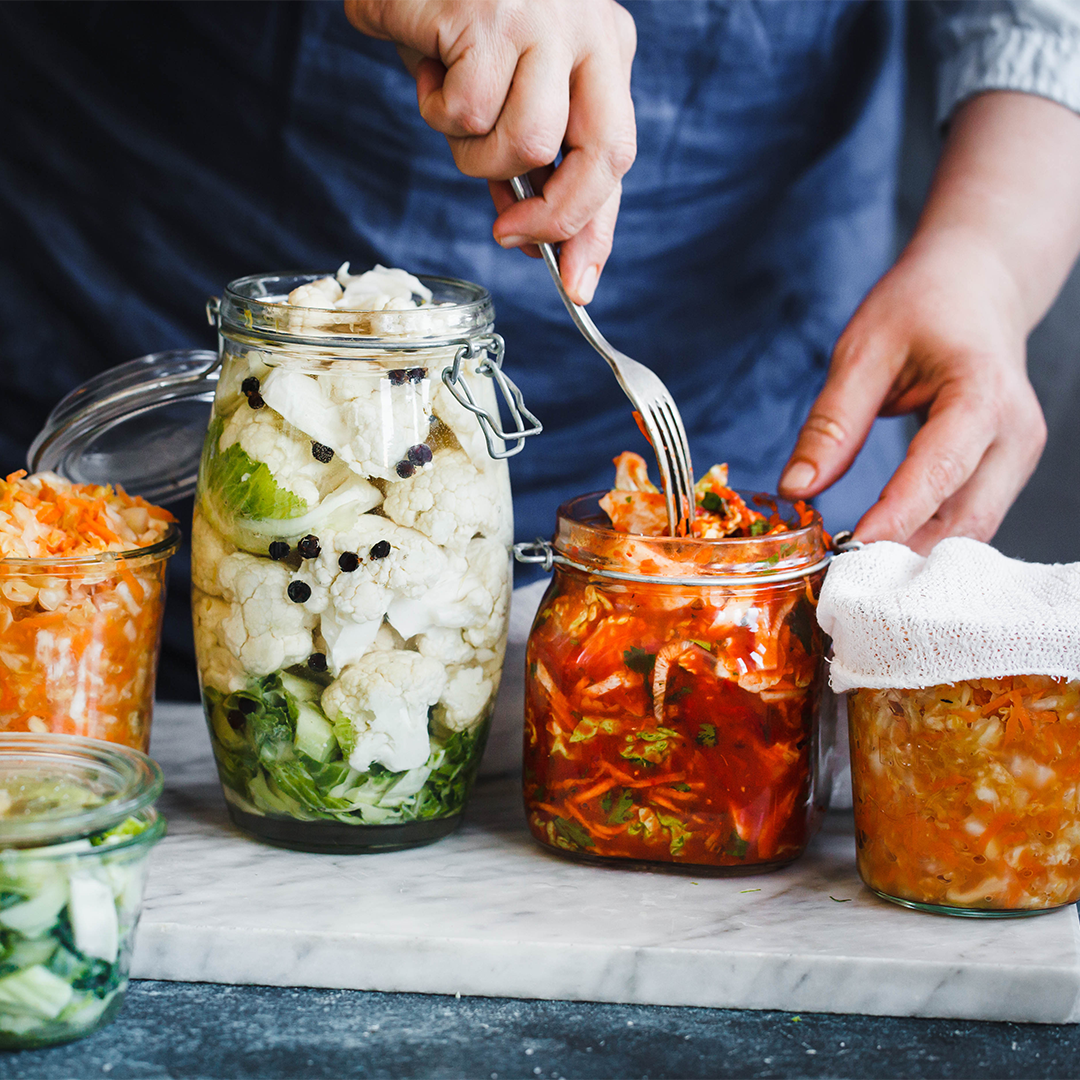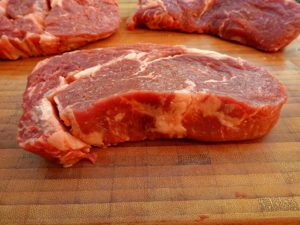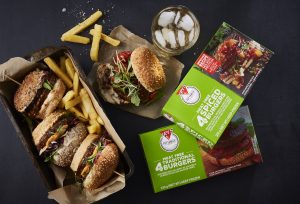The sunny season is here, and that means some of the most delicious fruits and vegetables are in season. But it also means food spoils quicker. Make your favourite summer ingredients last longer and reduce wastage by trying these preservation methods.
Canning
Canning is no longer only associated with something our grandmothers used to do – this method for preservation has been used for hundreds of years and is still popular today. Canning is the perfect way to preserve seasonal fresh fruit and veggies, allowing you to enjoy these ingredients for months to come. To do this at home, we recommend following the water-bath canning method as minimal equipment is needed.
Water-bath canning is quicker than pressure canning, and entails filling sterilised jars with your ingredients, sealing them with a lid and then boiling vigorously for long periods of time. This method is perfect for high-acid fruit used to make jams, chutneys and other preserves.
Freezing
Your freezer is your best friend. Freezing food is not only cost-effective, but will lock in the nutrients from the day you place the food into the freezer.
For meats, fruit and vegetables, it is one of the most versatile preservation methods to extend the shelf life of food. Remember that you are reliant on electricity to use your freezer, so make sure your freezer works effectively to avoid food from spoiling.
Top tip
To keep food fresh, wrap and seal it tightly before freezing. Label and date it, and make sure you use it within six months.
If freezing cooked food, make sure the food is completely cool before placing into the freezer. Warm food placed into the freezer will cause the surrounding frozen items to thaw and then refreeze, which can ultimately cause food spoilage.
Dehydration
Dehydration has been a successful preservation method since ancient times. But with so many appliances to speed up the process of drying your food, sun-drying is not the only way to do it anymore. Ovens, electric food dehydrators and freeze-drying methods can now be used to make delicious biltong and your favourite dried mango slices in no time!
Top Tip
If using an oven to dehydrate your food, place it at a low temperature (100°C – 120°C) on lined and greased baking trays to avoid them sticking to the tray.

Pickling
The process of pickling is simple, and the product is zesty and delicious! According to Eugenia Bone, author of Well-Preserved: Recipes and Techniques for Putting Up Small Batches of Seasonal Foods, the most important thing about vinegar is its 5% acidity, which causes changes in flavour and texture and acts as a preservative.
You can pickle almost any vegetable, and it’s a terrific way to add a punch of flavour to any dish. The process is so easy. Simply heat the vinegar, salt and sugar and add to the fruit and veggies you would like to pickle. Pour into a jar, seal with a lid and let it cool completely before storing in the fridge. Homemade pickles can last up to two months from their pickling date. Note that while the flavour will intensify the longer the jar is stored, over time, the pickled ingredient will start to lose its crunchy texture.
ALSO READ: Savoury biltong churros with chilli sauce




